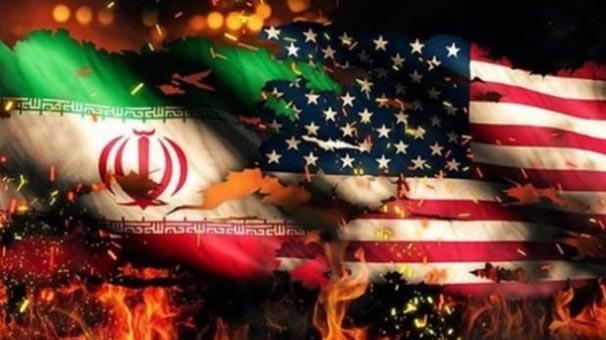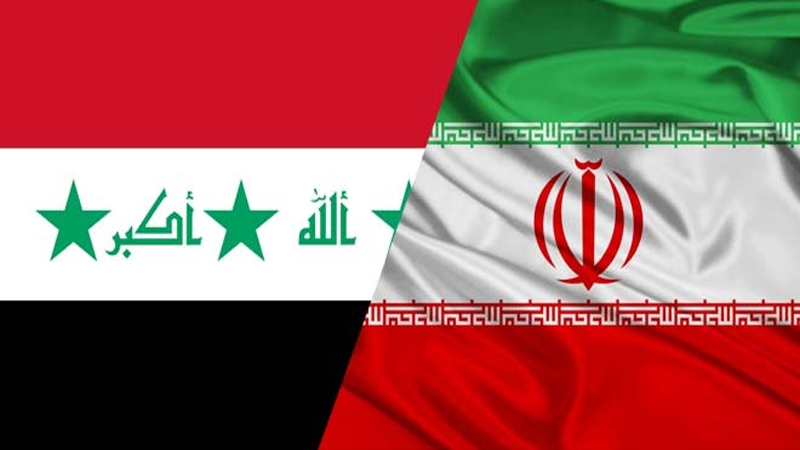For Iran’s ethnic minorities, whoever wins the election they lose

Rahim Hamid
With Iran’s presidential election soon taking place, media in the country are constantly reporting on tensions between Iranian hardliners and so-called reformists as contenders are vying for the leadership.
Whatever the outcome of the election, however, Iranian people are well aware that it is essentially a cosmetic exercise. In essence, the election is a contest to become the highest-ranking servant to the supreme leader. No candidate will be brave enough to address the injustices against the country’s ethnic minorities, which would be political suicide under the current regime.
Regardless of whether the candidate is a nominal reformist or hardliner, he would not be allowed to stand for election, let alone make leadership decisions once elected, without first obtaining Supreme Leader Ali Khamenei’s approval. The Guardian Council, whose members are also appointed by the supreme leader, vets all candidates’ applications.
The outside appearance of democracy, through a choice of different candidates, gives enough semblance of electoral choice to please Western countries.
In its census, taken every ten years, Iranian governments have avoided recording ethnicities to keep non-Persian communities in the dark about their true sizes, allowing the state to downplay their significance. Available figures are pretty much guesswork but estimates are Up to 8 million Arabs, 10 million Kurds, 20 million Azeris and 40 million Persians. Smaller ethnic groups make up the rest of Iran’s population, which is estimated to be more than 80 million.
For Iran’s Ahwazi Arabs, as well as for other minorities, the choice is even more farcical. Elections in Iran, like the doctrine that shapes the country’s constitution, are based on a mixture of theocracy and Persian supremacy, with policy issues second to sect and ethnicity.
Kamil Alboshoka, a prominent Ahwazi rights activist asked: “How can Ahwazi people pin any hope on this election while they’re considered worthless by the [Iranian] regime, their language is banned, their identity denied and their environmental wealth destroyed and stolen?”
Reza Fathollanejad, an Iranian- Kurdish journalist, voiced similar skepticism about the value of the election.
“If you look at all of the past presidential elections, the Kurdish people have always chosen two options. The first is voting for the candidate who is said not to be the leader’s favourite and the second is to boycott the election,” he explained. “The boycott choice has always been a significant option in Kurdistan compared to the other regions of Iran based on the official statistics and, even then, Kurds have said that the level of participation is far lower than the level shown by the government.”
Babek Chalabiyanli, the spokesman of the Azerbaijan National Resistance Organisation, was also contemptuous, calling the election a “sham.” Chalabiyanli said the regime’s brutal repression and imprisonment of Turkish Azeri human rights activists mean that the wisest course is to boycott the election rather than taking part in an undemocratic, predetermined vote.
With no possible benefit from voting, particularly for Ahwazis or other minority groups in Iran, there is a persuasive argument that the best way for ethnic minority voters to register their unhappiness about this farcical situation and lack of choice is to simply refuse to vote. A widespread lack of public participation is a safe way for minorities to express their frustration at a system that marginalizes and oppresses them.
Under the current grim reality in Iran, ethnic minorities suffer systematic oppression and denial of their most basic human rights under a fundamentalist theocracy whose sole concern is maintaining its own power.
The election in Iran is a public relations exercise, a piece of political theater that has nothing to do with Iranians’ lives but that sends a message to the rest of the world promoting the regime’s favorite lie that it has acquired the characteristics of democracy and moderation.
source: the Arab weekly
























